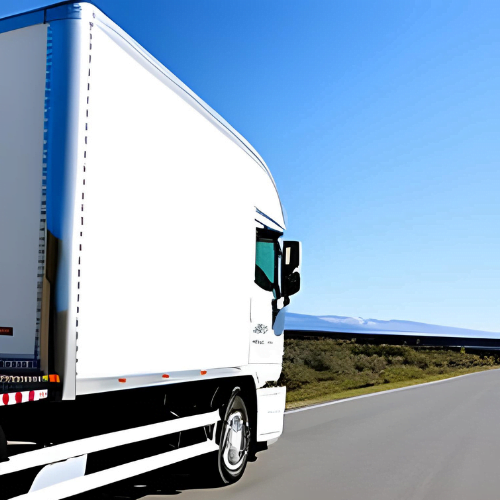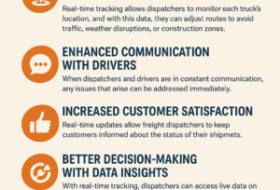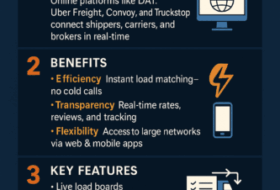Box truck rental and ownership are two distinct options for businesses seeking access to commercial vehicles for transportation and logistics purposes. Each option has its advantages and considerations, and choosing between the two depends on various factors, such as the business’s needs, financial capabilities, and long-term goals. In this article, we will explore the differences between box truck rental and ownership to help businesses make an informed decision.
Box Truck Rental
Advantages:
Cost-Effectiveness: Renting a box truck requires lower upfront costs compared to purchasing one. It is an attractive option for businesses with limited capital or those looking to allocate funds to other aspects of their operations.
Flexibility: Renting offers flexibility as you can choose different box truck sizes and models based on specific job requirements. This flexibility allows you to adapt to varying cargo sizes and delivery demands.
Maintenance and Repairs: Rental agreements often include maintenance and repair services. This eliminates the responsibility of maintaining the vehicle and ensures that the box truck remains in top condition.
Upgrading Options: As newer models become available, businesses can easily upgrade to more fuel-efficient and technologically advanced box trucks without the burden of selling or disposing of existing assets.
Considerations:
Cost Over Time: While rental costs are initially lower, long-term rental expenses can add up and may eventually surpass the cost of purchasing a box truck.
Limited Customization: Rental box trucks may not offer the same level of customization as owned vehicles, which could impact operational efficiency for specific business needs.
Availability: Depending on rental demand, certain peak periods might limit the availability of rental box trucks.
Box Truck Ownership
Advantages:
Long-Term Investment: Owning a box truck is a long-term investment that can offer cost savings over time, especially for businesses with regular transportation needs.
Customization: Owned box trucks can be customized according to the business’s requirements, providing tailored solutions for cargo management and delivery processes.
Control and Reliability: Business owners have complete control over the box truck’s use, maintenance schedule, and overall condition, ensuring that it is always available when needed.
Asset Value: Box trucks have resale value, which can be beneficial if the business decides to upgrade or sell its fleet in the future.
Considerations:
Upfront Costs: Purchasing a box truck involves higher upfront costs, including the down payment and potential financing expenses.
Maintenance and Repairs: Owners are responsible for all maintenance and repair costs, which can be unpredictable and impact budgeting.
Depreciation: Over time, box trucks may depreciate in value, potentially affecting their resale value.
Asset Management: Managing a fleet of owned box trucks requires proper logistics, storage, and maintenance planning.
Conclusion
Choosing between box truck rental and ownership depends on the unique needs and circumstances of each business. For short-term projects, seasonal demands, or businesses with limited budgets, rental can provide the necessary flexibility and cost-effectiveness. On the other hand, businesses with steady transportation needs and long-term plans may find ownership more financially viable and advantageous for customization and asset management. By carefully evaluating the pros and cons of both options, businesses can make the best decision that aligns with their operational requirements and financial goals.








